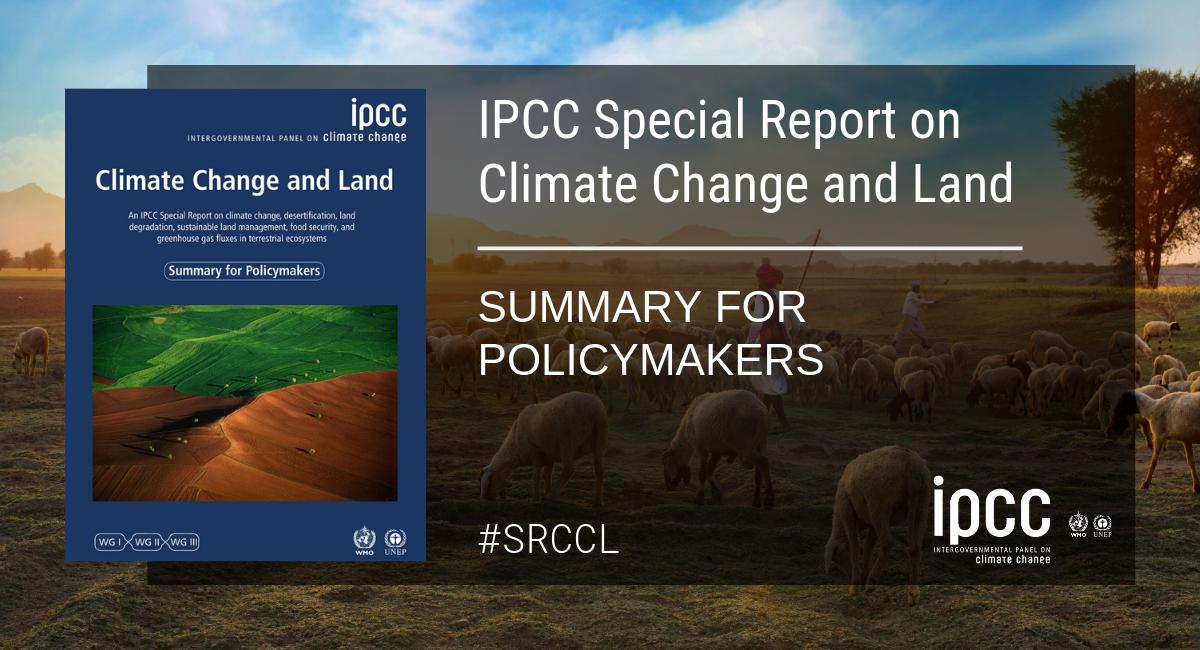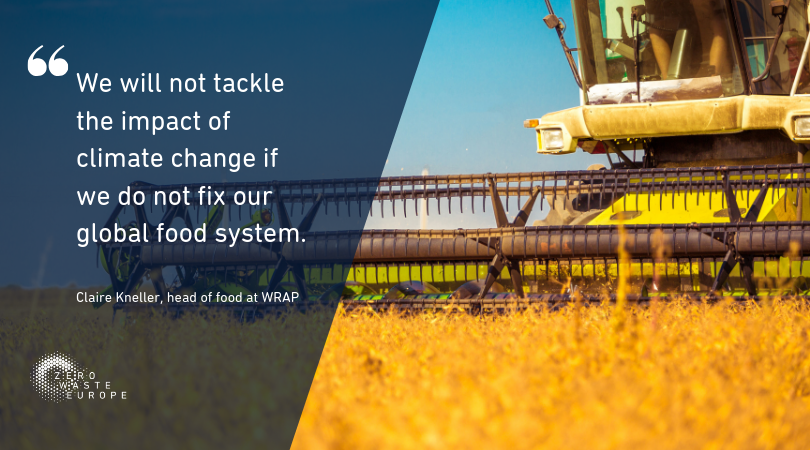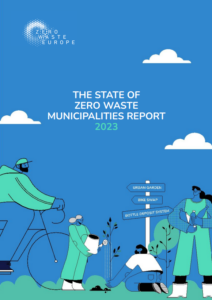From farm to fork, fighting climate change is actually possible

When we think about fighting climate change, we mostly focus on the usual suspects: energy, transportation, and industry. But, there is one area we tend to forget about, which is responsible for 10% of the total world’s greenhouse gas emissions (GHG): agriculture.
Agriculture accounts for approximately 40% of the land we use and more than 60% of the water we consume. If we combine it with other issues surrounding the overuse and pollution of our land such as deforestation, water pollution, desertification, loss of wildlife biodiversity and others, this results in nearly a quarter of all greenhouse gas emissions.
Land is already under growing human pressure and climate change is adding to these pressures. At the same time, keeping global warming to well below 2ºC can be achieved only by reducing greenhouse gas emissions from all sectors including land and food
Jim Skea, Co-Chair of IPCC Working Group
The impact of agriculture on climate change and the reverse impact of climate change on land is the scope of the latest report from the Intergovernmental Panel on Climate Change (IPCC). Like all IPCC publications, this new report doesn’t introduce new findings, but rather pools and evaluates the existing body of research. It takes input from 107 authors and examines more than 7,000 research articles, highlighting not only the necessity to rethink the way we use the land and the crucial role played by food production in affecting the climate, but also the substantial and largely unknown opportunities for improvement.
These opportunities include, but are not limited to sustainable food production, improved and sustainable forest management, soil organic carbon management, ecosystem conservation and land restoration, reduced deforestation and degradation and reduced food loss and waste. The IPCC report shows the importance of tackling food waste as a key factor to contribute to staving off some of the worst effects of climate change. Indeed, as almost a third of all food produced worldwide is lost or wasted, finding solutions to reduce this waste and putting lost food to good use would not only have the benefit of feeding more people but it would also save huge levels of water and land usage, as well as cutting greenhouse gas emissions as food waste account for 8% of total GHG.  With the last update of the European Commission’s Waste Framework Directive, the European Parliament and the Council of the European Union have established a new definition of food waste as “any food, and inedible parts of food, removed from the food supply chain to be recovered or disposed.”
With the last update of the European Commission’s Waste Framework Directive, the European Parliament and the Council of the European Union have established a new definition of food waste as “any food, and inedible parts of food, removed from the food supply chain to be recovered or disposed.”
Data speaks for itself: in the EU, around 88m tonnes of food, with an estimated value of €143bn, is wasted every year. Moreover, recently, EU countries agreed to contribute towards achieving the UN Sustainable Development Goal (SDG) of reducing by 50% global food waste per capita by 2030. However, EU member states stopped short of adopting specific reduction targets for themselves. For this reason, in February Zero Waste Europe compiled a set of key recommendations aimed at helping policy-makers adopt new legislation to increase the reduction of food waste by promoting a Zero Waste society (read our Policy Briefing) which includes: policies and programs aimed at preventing food waste, strategies to promote food donations and the introduction of methods to treat unsold or non-donated food.
Fighting food waste cannot be an isolated policy and needs to be part of an integrated EU food policy, including the various policy areas affecting the food system, not only focusing on consumption but also on production, processing and retail. Therefore, in early June, Zero Waste Europe joined with thirty-three other leading campaign groups, farming organizations, and think tanks to push for a Common Food Policy and call on the next European Commission President to put an EU food policy in place and European Commission Vice-President to be made responsible for ensuring the transition to sustainable food systems. (read our open letter).
Reducing food waste and making it a priority, therefore, means moving towards better, fairer and more sustainable production and consumption methods. The IPCC’s report puts this issue, one more time, on the radar of policymakers, but we need more than awareness. To make real changes at scale and put a real dent in the levels of food waste across all the supply chain, everyone needs to be on board. We need new technologies to improve the efficiency of on-farm storage, infrastructure, transport, packaging and retail, but also we need to create innovative financing that incentivizes new business models to drive unsustainable sourcing out of supply chains, more and capillary education on food waste prevention but mostly we need governments to implement and enforce stronger regulations. Even individuals as consumers have a role to play by wasting less food, advocating for better policies, and supporting companies that are moving towards a more sustainable way of production.
There’s still time to limit the impacts of climate change and prepare for what’s ahead. But we must act now to build efficient and resilient food systems that prevent and avoid food waste while feeding the planet but without affecting our climate.


